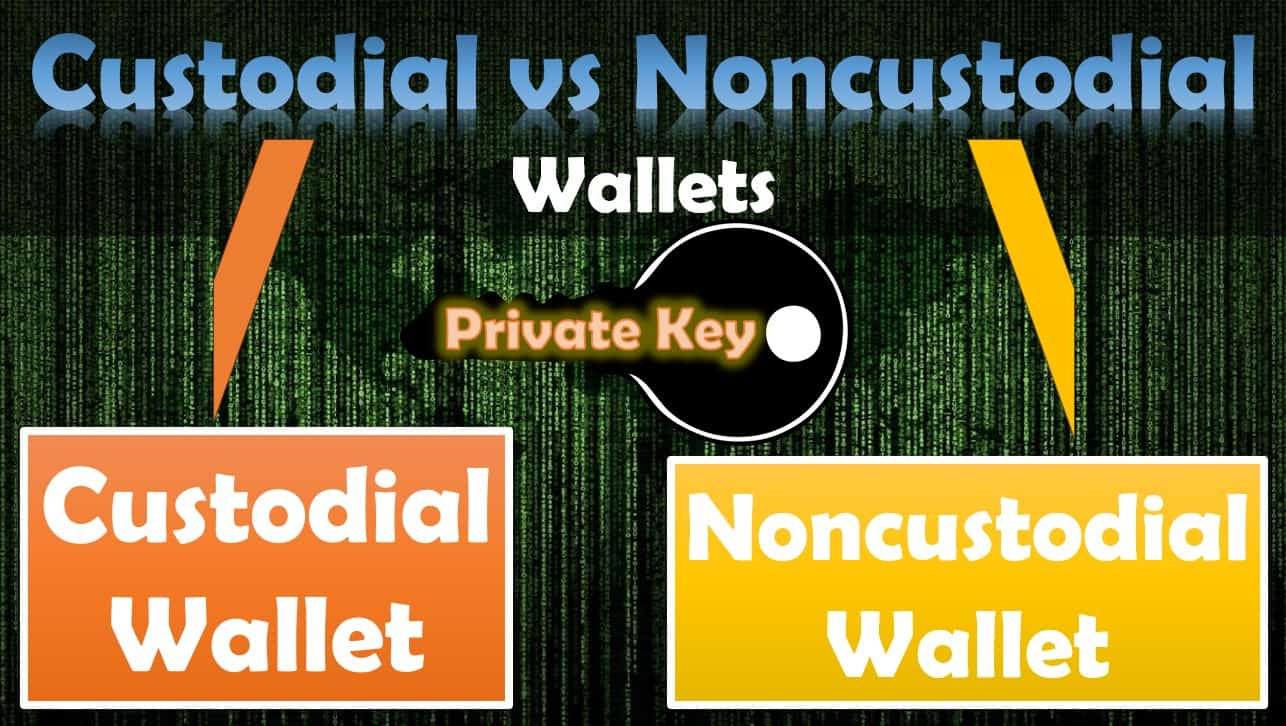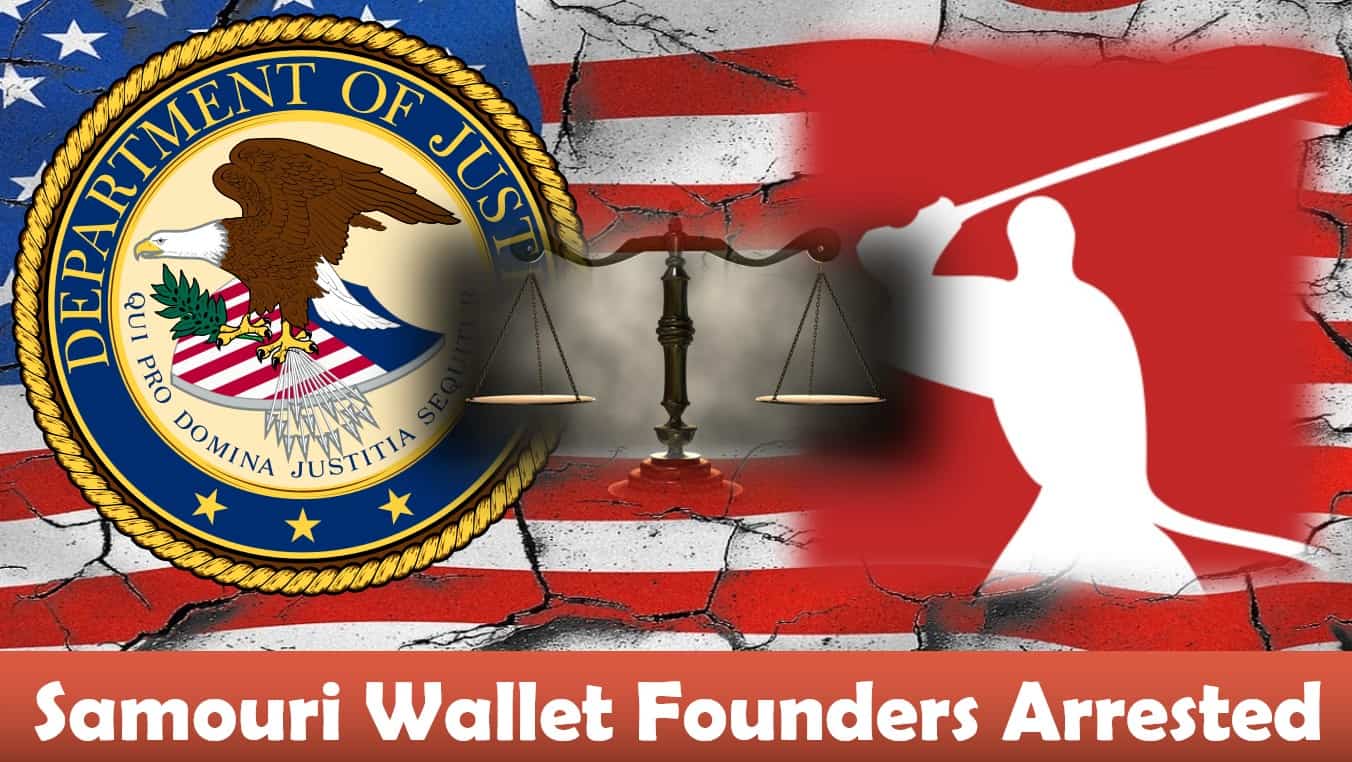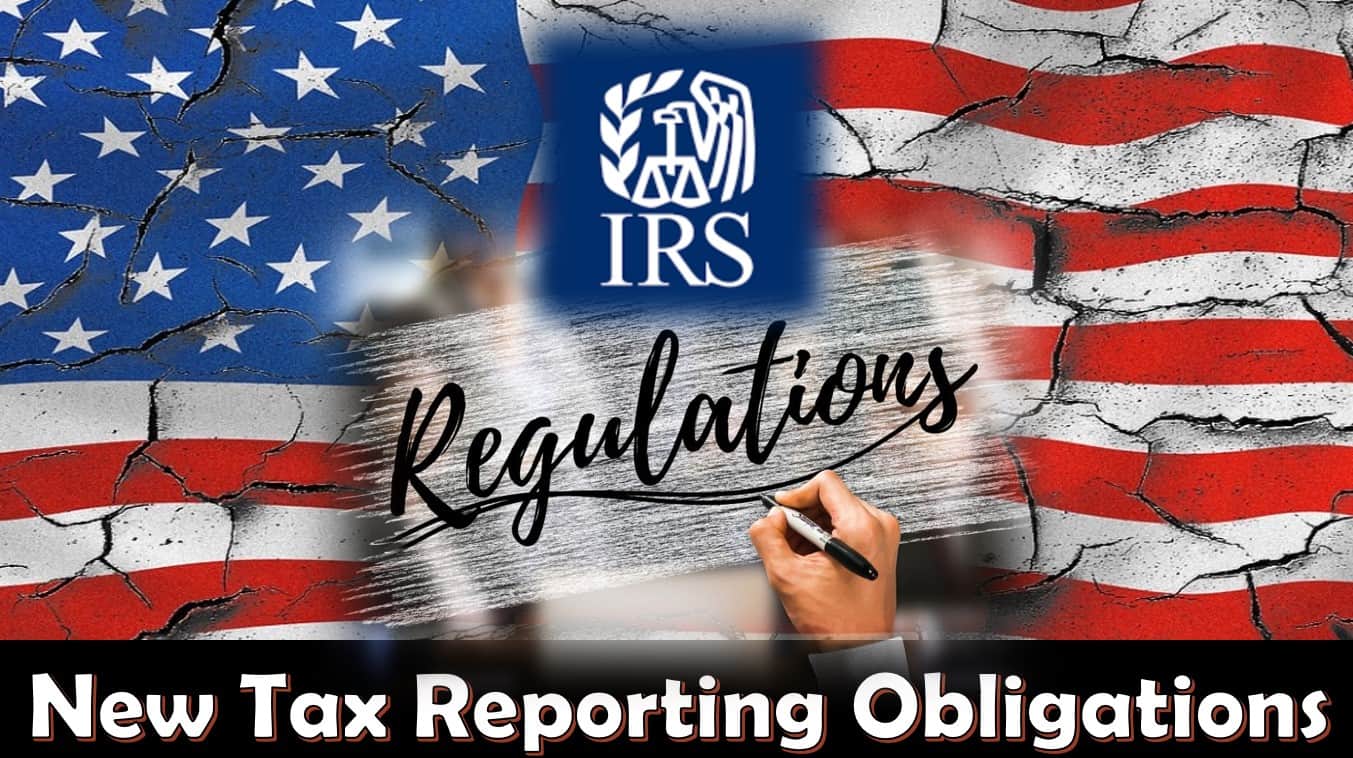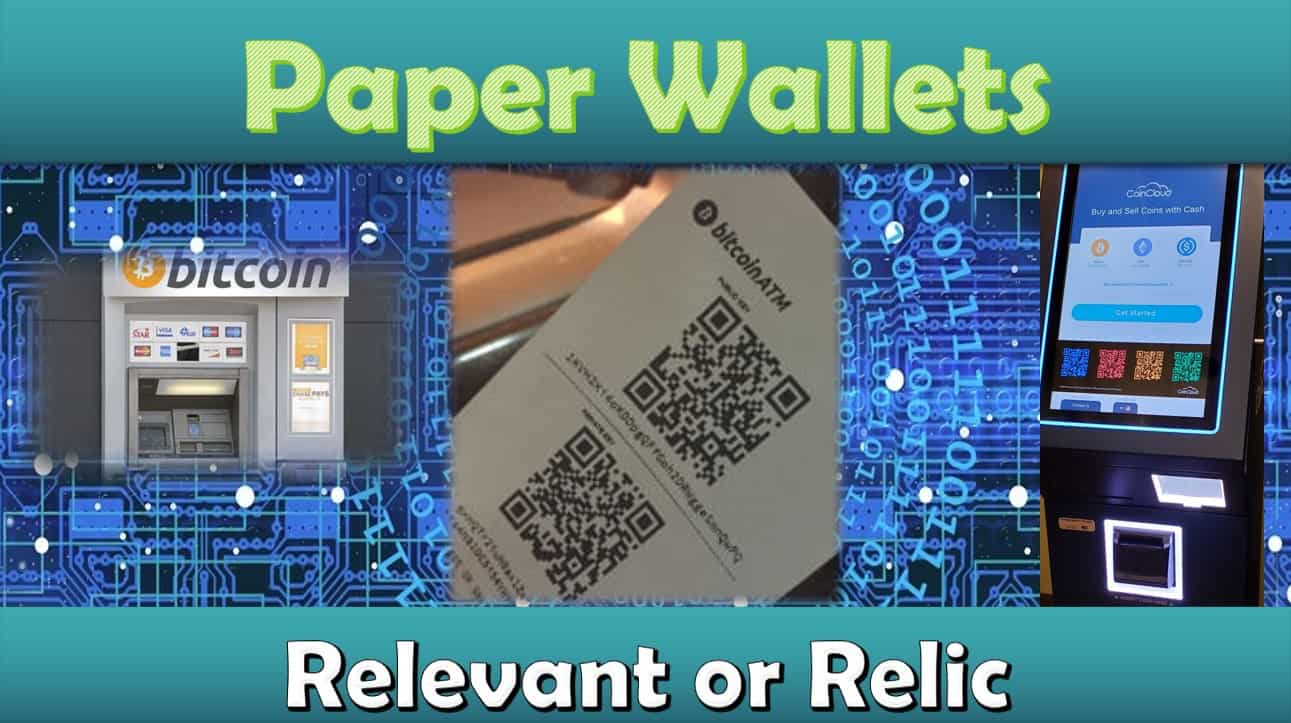
Custodial vs. Noncustodial Wallets: Who Holds the Key?
Last updated on August 11th, 2023 at 03:55 pm
Cryptocurrency has transformed the way we perceive and interact with money. It offers the world a decentralized and borderless financial system.
At the heart of this revolutionary technology lies cryptocurrency wallets.
Just as traditional wallets provide a safe place to store and manage physical currency, cryptocurrency wallets serve as digital vaults for safeguarding your crypto assets. They provide a secure and convenient way to store, manage, and transact with cryptocurrencies.
These wallets come in two main types: custodial and noncustodial wallets.
A custodial wallet is a type of cryptocurrency wallet where a third-party service provider retains control over the user’s private keys. This offers the user convenience, but compromises direct ownership and control. Custodial wallets provide users an easy way to access their digital assets as limited technical knowledge is required because the custodian holds and manages the private keys on behalf of the user.
A noncustodial wallet, also known as a self-custody wallet, is a type of cryptocurrency wallet that grants users complete control and ownership of their private keys. This ensures enhanced security, and independence from third-party service providers. This type of wallet allows for more autonomy because only users have full control over and access to their private keys.
In the rapidly evolving landscape of cryptocurrencies, choosing the right wallet is of paramount importance, and I want to use my experience to help you decide which type of wallet is best for you.
I am a seasoned cryptocurrency enthusiast with extensive experience utilizing various crypto wallets since 2017. Throughout my journey, I have actively explored and experimented with both custodial and noncustodial wallets, gaining firsthand knowledge of their differences, benefits, and drawbacks.
My mission here is to help others navigate the cryptocurrency space. Today, my mission is to help you navigate the complex world of cryptocurrency wallets.
I recognize the critical role wallets play in securing and managing digital assets, so I’m going to share my expertise and insights to empower you to make informed decisions. Through my experience, you can make educated choices aligned with your specific needs and risk tolerance.
Join me as we embark on a journey to understand the nuances of custodial and noncustodial wallets, helping you unlock the potential of secure cryptocurrency storage and management practices.
Custodial vs Noncustodial Table
Understanding Cryptocurrency Wallets
Cryptocurrency wallets are an essential part of the cryptocurrency ecosystem, providing secure storage and management of private keys, as well as facilitating transactions.
Private keys are cryptographic codes that grant access to, and prove ownership and control of, specific cryptocurrency holdings.
Wallets not only safeguard these keys, protecting them from unauthorized access and potential theft, but provide their users with a means of interfacing with a crypto blockchain.
Ready to dive deeper into the fascinating world of private keys?
Click here to explore my comprehensive article on private keys, where I unravel these cryptographic gems and provide invaluable insights into their significance, management, and best practices.
But moreover, in addition to secure storage, cryptocurrency wallets facilitate seamless transactions.
They act as intermediaries between users and the blockchain network (where crypto assets actually reside), enabling the sending and receiving of cryptocurrencies.
Furthermore, wallets generate unique addresses associated with user accounts, allowing others to send funds securely.
Wallets provide users with tools and interfaces to create, import, and export private keys. Users can generate new addresses, monitor transaction history, and more importantly sign digital transactions with their private keys.
Ultimately, choosing the right wallet is vital to ensuring secure and convenient storage and management of digital assets.
While there are several types of wallets available, it is important for individuals decide whether a custodial or noncustodial wallet is best suited to their unique circumstances.
Are you ready to find the perfect cryptocurrency wallet that aligns with your unique needs?
Click here to unlock my guide to help you choose the best cryptocurrency wallet for you.
Want a more in-depth breakdown of cryptocurrency wallets?
Click here to review my comprehensive article about the 5 different types of cryptocurrency wallets.
Take control of your crypto journey and click now to discover the ideal wallet, or wallets, tailored to your preferences and security requirements.
The choice between custodial and noncustodial wallets depends on individual preferences, risk tolerance, and technical proficiency.
So, to help you figure all that out, let’s look at the differences between custodial and noncustodial wallets to help you decide which option is best for you.
Custodial Wallets
Custodial wallets, sometimes referred to as hosted wallets, are a type of cryptocurrency wallet where a third-party service provider retains control over the user’s private keys.
In this arrangement, users rely on the custodial service to store, manage, and secure their digital assets.
Custodial wallets are often designed with convenience in mind, featuring an intuitive user interface, and offering quick setup and access to digital assets.
However, as a tradeoff for this convenience, users do not possess direct control over the private keys associated with their cryptocurrency holdings. These remain under the control of the custodial third-party.
Beginners often find custodial wallets a more suitable option when first entering the crypto space due to their familiarity with banks.
More often than not, newbies are still involved, and intimately familiar with the traditional finance or banking system (TradFi). So, having someone secure, or “take care of” their money is second nature.
Not sure how custodial wallets are similar to banks?
Let’s take a closer look…
Custodial Wallet Conundrum
Custodial wallets can be likened to traditional banks in the way they function and the roles they play in managing users’ assets. Just as individuals entrust their money to banks for safekeeping and convenient access, custodial wallets serve a similar purpose for digital assets.
When using a custodial wallet, users essentially deposit their cryptocurrencies into an account managed by the wallet service provider, much like depositing funds into a bank account. The custodial service holds the private keys associated with the users’ cryptocurrency holdings, assuming responsibility for their security.
Similar to banks, custodial wallet providers offer user-friendly interfaces, customer support, and additional features. They simplify the process of accessing and managing cryptocurrencies, making it more approachable for users who may not have extensive technical knowledge.
Just as banks handle the signing of checks, or authorizing transactions on behalf of their customers, custodial wallet services sign transactions with their private keys to facilitate the movement of funds. This removes the need for users to handle private keys directly, making the transaction process more straightforward.
However, like banks, custodial wallets come with certain trade-offs.
Users must trust the custodial service provider to securely manage their assets and protect their private keys from potential breaches or mishandling.
It’s important to note that, similar to banks, custodial wallets operate within centralized systems. This contrasts with the decentralized nature of cryptocurrencies, where individual ownership and control are fundamental principles.
Ultimately, just as individuals weigh the advantages and disadvantages of using banks for their financial needs, users must assess their preferences, security requirements, and risk tolerance when considering a custodial wallet.
The difference however, between the banks and crypto exchanges is significant, especially when it comes to consumer protections.
Although some might argue that these days, no bank is safe!
Custodial Wallet Providers
Custodial wallets typically function through a centralized platform or application provided by the service provider, such as a centralized exchange.
Users create accounts with the custodial wallet service, which generates unique addresses for each cryptocurrency supported. These addresses are linked to the user’s account, enabling them to send and receive funds within the wallet’s ecosystem.
When a user initiates a transaction, the custodial wallet service signs the transaction with its own private keys, authorizing the movement of funds.
This process simplifies the user experience by eliminating the need for users to manage private keys themselves.
Popular custodial wallets, which have gained widespread adoption and recognition within the cryptocurrency community include:
1. Coinbase: One of the most renowned and user-friendly custodial wallets, Coinbase provides a secure platform for buying, selling, and storing various cryptocurrencies. It offers features like recurring buys, portfolio tracking, and a user-friendly interface.
2. Gemini: Gemini, a leading cryptocurrency exchange, also offers a custodial wallet solution. It provides users with access to a wide range of cryptocurrencies and offers additional features such as BTC rewards credit card.
3. Kraken: Kraken is a reputable cryptocurrency exchange that provides custodial wallet services. It emphasizes security to enhance user protection.
Pros & Cons of Custodial Wallets
Advantages & Disadvantages of Custodial Wallets
| Advantages | Disadvantages |
|---|---|
| Convenient & User-friendly Interfaces | Limited or No Control of Private Keys |
| Simple, Easy Access to Crypto | Dependence on Security of Custodial Service |
| Additional Features & Services | Risk of Breaches or Hacks |
| Customer Assistance | Not aligned With Principles of Decentralization & Self-custody |
| Integration With Other Financial Services (Banks) | Regulatory Requirements |
While custodial wallets offer convenience and ease of use, users should be aware of the potential trade-offs involved.
Since the custodial service provider controls the private keys, users must trust the provider’s security measures and rely on their infrastructure for accessing and managing funds. Furthermore, the user must trust the custodian themselves not to misappropriate their assets.
Additionally, custodial wallets may be subject to regulatory requirements. These requirements may not align with the principles of decentralization and self-custody that underpin cryptocurrencies.
It is crucial for users to evaluate their specific needs, risk tolerance, and long-term goals when considering a custodial wallet.
While custodial wallets can be suitable for beginners or those seeking simplified access to cryptocurrencies, users who prioritize security, control, and ownership over their digital assets may find noncustodial wallets to be a more suitable option.
Noncustodial Wallets
Noncustodial wallets, also known as self-custody wallets, are cryptocurrency wallets that grant users complete control and ownership of their private keys.
In this setup, users are solely responsible for storing, safeguarding, and managing their private keys.
Need to know more about backing up your wallet?
Are you prepared for the unexpected?
Safeguarding your crypto wallet is crucial, and proper backup procedures are essential to ensure the security of your digital assets.
Click here to explore our comprehensive guide on how to properly back up your crypto wallet.
Don’t risk losing access to your digital wealth.
Take action now and empower yourself with the necessary know-how to safeguard your crypto wallet. Click Here Now!
Your future financial security depends on it!
Once you’ve properly backed up your wallet and start using it, you’ll realize that noncustodial wallets prioritize decentralization, security, and independence from third-party control.
Noncustodial wallets come in various forms such as desktop applications, browser extensions, and mobile apps.
These wallets typically generate a mnemonic phrase, also known as a seed phrase or recovery phrase, which serves as a backup to restore the wallet’s access in case of loss or device failure.
Many of these noncustodial wallets offer advanced features such as multi-signature support, built-in exchanges and currency converters, staking capabilities, QR code scans, and watch-only mode for viewing account balances or transactions without spending funds.
Noncustodial Wallet Providers
Several popular noncustodial wallets have gained recognition and widespread adoption in the cryptocurrency community.
Here are a few examples:
1. Ledger Nano Series: A family of hardware wallets, the Ledger Nano S Plus, Ledger Nano X and Ledger Stax, offer robust security and offline storage of private keys. It supports a wide range of cryptocurrencies and provides a user-friendly interface for managing digital assets securely.
2. Trezor: Another reputable hardware wallet, Trezor emphasizes security and ease of use. It provides users with an intuitive interface and offers advanced features like password managers and two-factor authentication, as well as open-source code.
3. MetaMask: A popular software wallet, MetaMask is a browser extension that enables users to interact with decentralized applications (dApps) on the Ethereum blockchain. It offers a simple interface and facilitates seamless token swaps and transactions within the Ethereum ecosystem.
4. Exodus: A software wallet available for desktop and mobile devices, Exodus supports multiple cryptocurrencies and provides a user-friendly interface. It offers features like portfolio tracking, built-in exchange services, and integration with hardware wallets.
The key points to remember about noncustodial wallets is that they prioritize user control, security, and ownership over digital assets. By managing their private keys, users have full authority over their funds.
However, it is crucial for users to take responsibility for the secure storage of their private keys, and ensure backup measures are in place to prevent the loss of access to their wallets.
Pros & Cons of Noncustodial Wallets
Advantages & Disadvantages of Noncustodial Wallets
| Advantages | Disadvantages |
|---|---|
| Complete Control of Private Keys | Responsibility for Private Key Management |
| Enhanced Security & Protection | Technical Complexity for Inexperienced Users |
| Independence From Third-party Control | Risk of Losing Access to Funds |
| Alignment with Principles of Decentralization & Self-sovereignty | Limited or No User Assistance |
| Cryptocurrency & Token Compatibility | Risk of User Error |
Remember that while noncustodial wallets offer increased control and security, they also require users to take responsibility for properly managing their private keys.
It’s important to consider your technical expertise, risk tolerance, and preference for self-custody when deciding on the type of wallet that best suits your needs.
At the end of the day, noncustodial wallets provide a self-sovereign approach to cryptocurrency storage and management, aligning with the core principles of decentralization and user empowerment within the crypto ecosystem.
Choose The Wallet Type For You
To custody or not to custody, that is the question…
To answer that question however, is a completely unique answer for each individual user.
Let me start out by saying, that if it is at all possible, you should always opt for a self-custody solution. This will give you the most control and autonomy with your cryptocurrency.
But to better help you to decide, let’s consider a few questions to guide you along.
Security, Control & Risk Tolerance
This is a good place to begin when trying to decide which option is best for you.
By evaluating your security needs, the amount of control over your assets that you desire, and risk tolerance, you can choose a wallet to satisfy those requirements.
Once you do, and you’re comfortable with that decision, you will be better able to sleep at night no matter how much crypto you own.
So, for example, custodial wallets may be suitable if you prefer the convenience of relying on a trusted third party for security.

However, noncustodial wallets offer enhanced security by allowing you to maintain control of your private keys, but this comes with the responsibility of securely managing them yourself.
So, this section boils down to, who do you trust more to keep your assets safe… yourself or someone else?
Technical Proficiency & Experience
Let’s be completely honest… while the technology that helps us interact with the blockchain and our crypto assets has come a very long way since the Bitcoin Whitepaper… there is still a learning curve.
Obviously, before you dive into securing your own assets, you must have a certain level of comfort with the technology you’re using.
So, it makes sense to take time to consider your technical proficiency, and your experience with cryptocurrencies.
Custodial wallets often provide user-friendly interfaces, making them ideal for beginners or users with limited technical knowledge.
Noncustodial wallets may require more technical expertise, as users are responsible for key management and understanding wallet functionalities.
So, this section boils down to, can you learn something new and become proficient enough with it to feel confident in your abilities to secure your own assets?
Transaction Frequency
The things you can do with your cryptocurrency seems almost endless. However, knowing what you’ll be doing with your crypto assets will help you to decide whether a custodial or noncustodial wallet makes sense.
If you’re going to be actively trading your crypto, then you’ll likely be using an exchange. This means a custodial wallet.
However, if you’re going to be making only periodic transactions or HODLing your crypto for the long term, then a noncustodial wallet likely better suits your needs.
So, this section boils down to, what are you doing with your crypto?
Still unsure what option is best for you?
Let’s consider it from a different perspective.
Options For Different User Types
Let me start this section out by saying that it is completely possible that you might very well need to use both a custodial and noncustodial wallet to navigate your crypto journey.
This idea might gain a bit more clarity as we look at this through the lens of what type of user you are.
Beginner
If you’re completely new and are just dipping your toes in the crypto waters, they having a wallet that’s easy to use and navigate, may be just what you need.
So, a custodial wallet like you would find on Coinbase or Gemini may be a suitable choice due to their user-friendly interfaces, additional features, and customer support.
Security & Privacy Conscious
If the security of your crypto assets and your privacy surround them is a primary concern, then your choice in wallets is clear.
A noncustodial wallet is the way to go.
Remember, the type of wallet… hardware (cold storage) or software (hot wallet), can vary depending upon your needs.
But, having your wallet properly backed up and your private keys completely under your control will satisfy your need to prioritize the safety of you crypto assets.
Keep in mind that all of these items I’ve outlined for you are just a guide. You should conduct thorough research, and consider your specific requirements before selecting a wallet.
If you want to have a secure, personalized experience with crypto… one that suits your specific needs… then carefully evaluate all of these factors to make an informed decision about a custodial or noncustodial wallet.
Choose Your Custody Wisely
So let’s bring everything together.
Cryptocurrency wallets play a vital role in the cryptocurrency ecosystem by facilitating transactions, and providing secure storage for private keys.
When choosing between custodial and noncustodial wallets, it’s essential to consider several factors.
Assess your security requirements and risk tolerance. Custodial wallets offer convenience but require trusting a third party, while noncustodial wallets provide enhanced security but demand responsible private key management.
Consider your technical proficiency and experience with cryptocurrencies. Custodial wallets are beginner-friendly, while noncustodial wallets may require more technical knowledge.
Additionally, decide what the frequency and volume of your transactions are likely to be. Custodial wallets suit frequent and small-scale transactions, while noncustodial wallets are preferred for significant transaction volumes or those valuing control.
Lastly, specific use cases may guide your decision. Examples include custodial wallets like Coinbase for beginner investors, hardware wallets such as Ledger Nano S for security and privacy driven users.
Ultimately, making an informed decision about your cryptocurrency wallet empowers you to navigate the crypto world securely and tailored to your preferences.
Choose wisely to safeguard your digital assets and achieve your financial goals in the cryptocurrency space.
Frequently Asked Questions (FAQ)
Q. What is a custodial wallet?
A. A custodial wallet refers to a type of wallet where the private keys are managed by an external entity, such as an exchange or other third party service provider. This means that you don’t have control over your funds and instead trust a third party with your assets.
Q. What is a noncustodial wallet?
A. A noncustodial wallet refers to a type of wallet where the private keys are managed and stored by the user. This means that you have complete control over your funds as you’re responsible for managing and securely storing your own keys.
Q. Why should I choose one over the other?
A. It really depends on your needs and risk tolerance. For example, custodial wallets are often more user-friendly and offer convenience, whereas noncustodial wallets offer enhanced security but require greater technical knowledge. Consider your security requirements, technical proficiency and experience with cryptocurrencies when choosing which type of wallet is best for you.
Q. Are there any risks associated with custodial wallets?
A. Yes, there are some risks associated with using custodial wallets such as the risk of the third party service provider going out of business, stealing your funds or experiencing a security breach. However, these risks can be reduced by doing your due diligence when selecting an exchange and choosing one that is well-regulated and reputable.
Q. Are there any risks associated with noncustodial wallets?
A. Yes, when using a noncustodial wallet it’s important to properly back up your private keys and make sure they’re securely stored since losing or forgetting them could mean losing access to your funds.
Disclaimer
The information provided here is for INFORMATIONAL & EDUCATIONAL PURPOSES ONLY!
View our complete disclaimer on our Disclaimer Page









